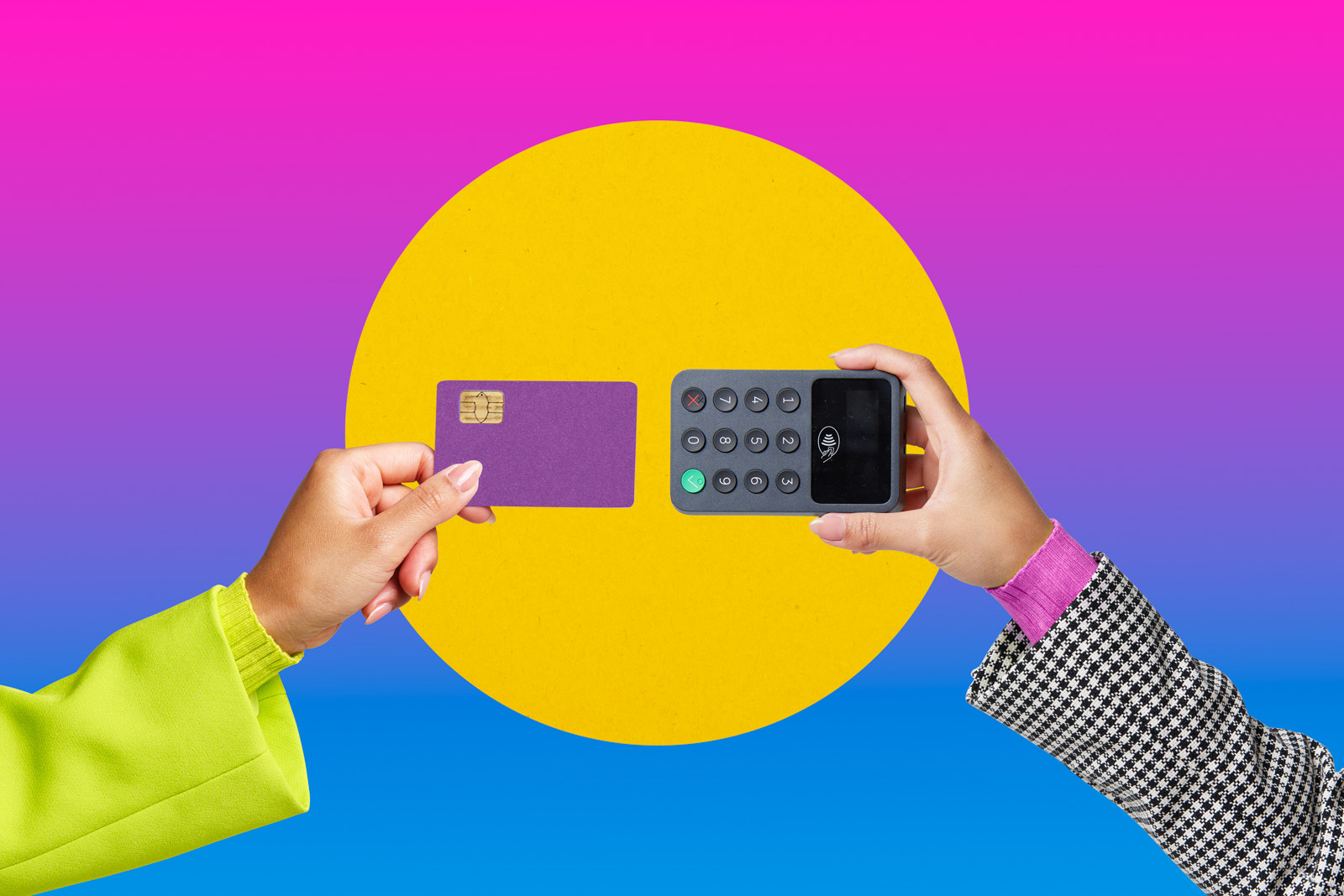French payment app for Muslims to launch in the UK
More than 10,000 European customers have registered for Halal fintech service Musc-Pay in six months
–

Matters of finance, especially personal banking, can be a minefield for Muslims mindful of Islamic rules and jurisprudence concerning their money.
While Islamic banking has been around for centuries, its daily application has been complicated in recent years by the rise of fintech and application-only accounts, the speed and simplicity of which appeal to many younger, digitally savvy customers.
In 2021, Chérif Mostefi, now 33, had been working in banking in Luxembourg and Paris. Then he found himself talking to a family member about how his obligatory zakat donation would be made. During that conversation, he realised there was a large gap in the financial market.
Now, along with business partner Rubens Tinel, 30, he is the co-founder of Musc-Pay, a sharia-compliant payment app launched in November 2023. More than 10,000 customers have registered for Musc-Pay across Europe in six months. It has also been licensed by the Financial Conduct Authority (FCA), the regulator for banking and fintech services and apps in the UK, and is finalising the technology to deal with sterling transactions before a planned launch in the coming weeks.
“I was working in finance and banking but as a practising Muslim was increasingly at odds with what was on offer. I looked at what was available for Muslims in Europe and spoke to people to ask what they wanted. The answer was something simple, easy to use and a service that adhered to all aspects of Islamic finance,” Mostefi says.
“We are not a bank, we are a payment service, but for customers it operates in the same way as a classic current account, except the money is held in the account and is not invested, lent or placed on the money markets.”
Described by some users as the Muslim Revolut, Musc-Pay strictly follows Islamic principles, including those that prohibit interest and gambling, as well as facilitating obligatory zakat and voluntary sadaqa donations.
Although it’s targeted at Europe’s estimated 28 million Muslims, Mostefi also aims to attract non-Muslims seeking what he describes as a more ethical approach to banking.
“It’s the first [such] online account for Muslims in Europe but anyone can open one,” he says. “There are many important ethics and requirements in Islamic finance but it is, above all, about universal values. So while I wished first and foremost to create something for the Muslim community, I wanted it to be open to everyone,” he adds.
The app operates through the Brussels-based payment-processing organisation Paynovate, which is licensed to operate in Europe via the National Bank of Belgium and in the UK through the FCA. Musc-Pay’s accounts are certified as conforming to Islamic finance by a committee of experts and scholars specialising in Muslim business law.
European customers pay a monthly charge — €2.99 for a single student account, €5.99 a month for a single account and €9.90 for a joint account — which goes toward financing for Musc-Pay’s staff and its modest head office in the 12th arrondissement of Paris.
Account holders can request a Mastercard, have an IBAN number and are allowed three free cash withdrawals a month. Additional withdrawals cost €2 each. Accounts are operated via the app and money is held by the National Bank of Belgium, but not invested and therefore gains no interest. Overdrafts are not permitted and the account can be closed at any time. Customer service is offered in French, English, Spanish and Arabic.
“The fundamental difference between us and a traditional bank is that we have an ethical committee of scholars to ensure there are no third parties in this investment and we are audited once a year to ensure conformity with Islam,” Mostefi says.
Tinel, a non-Muslim, believes a greater awareness of Islamic ethics among a younger generation of European Muslims along with advances in fintech have created the moment for a shariah-compliant payment application.
“Electronic money has been something of a challenge for Islamic scholars who have to ensure it follows the same rules as more traditional financial methods,” says Tinel.
“With Musc-Pay it’s just the customer and us, there’s no middle person. Traditional banks are enormous, opaque structures, but we are simple and transparent. Islamic finance has existed as long as Islam, but the technology to do this online and with smartphones is relatively recent.”
Most of the tools for creating a payment application compliant with European banking standards and regulations, including those protecting consumers’ money, already existed. The challenge, Mostefi says, was making them compliant with Islamic finance, which took many months of painstaking work.
“It’s about offering an alternative,” says Mostefi. “For us, Islamic finance is, above all, ethical finance whose benefits should be accessible to as many people as possible, regardless of their beliefs or origins.”
Topics
Get the Hyphen weekly
Subscribe to Hyphen’s weekly round-up for insightful reportage, commentary and the latest arts and lifestyle coverage, from across the UK and Europe
